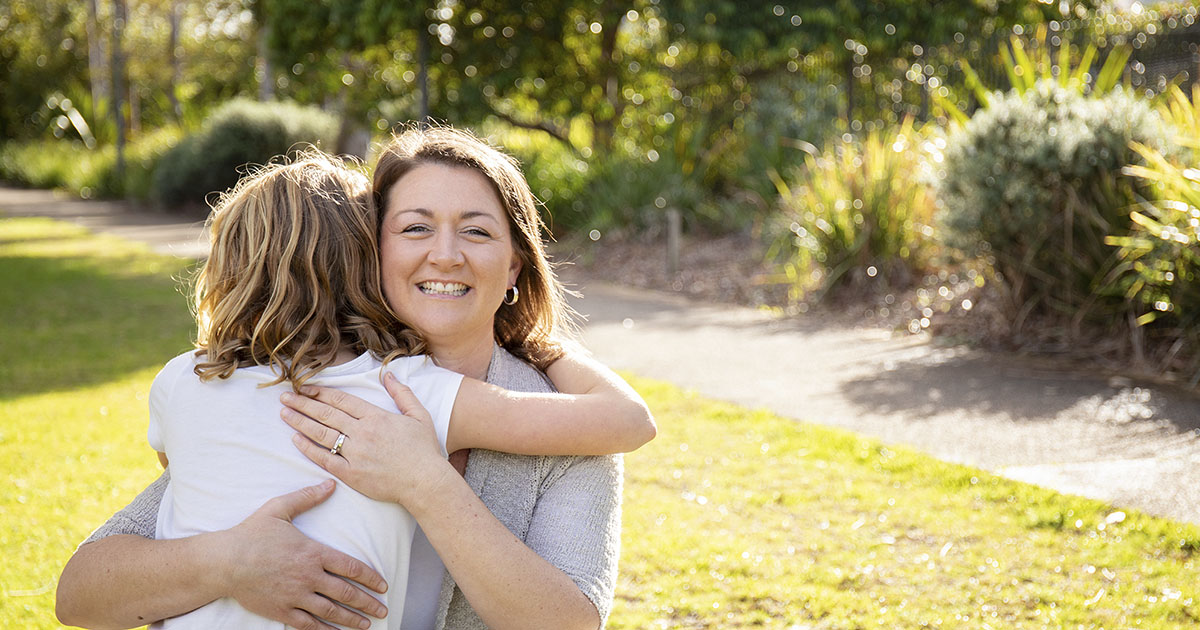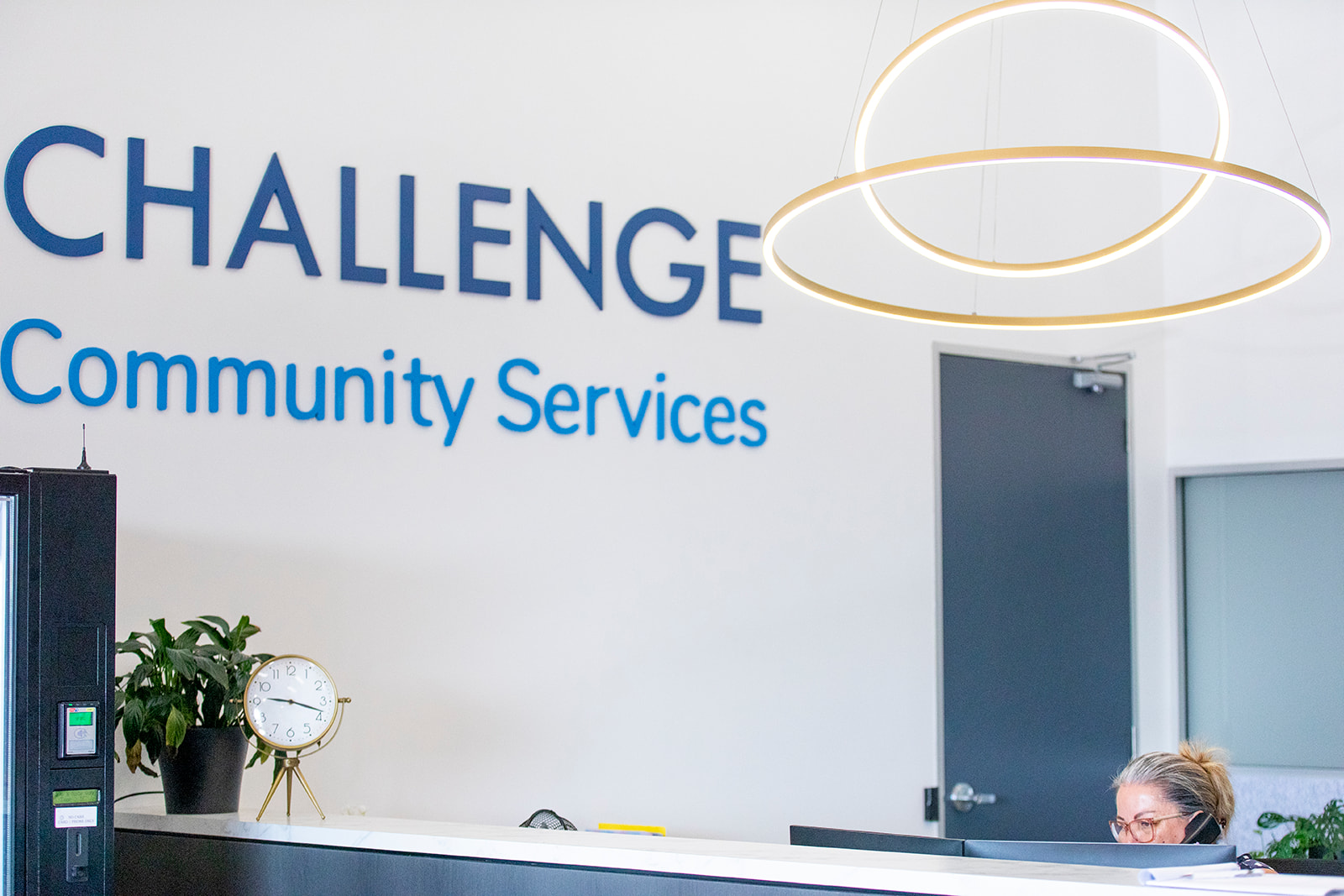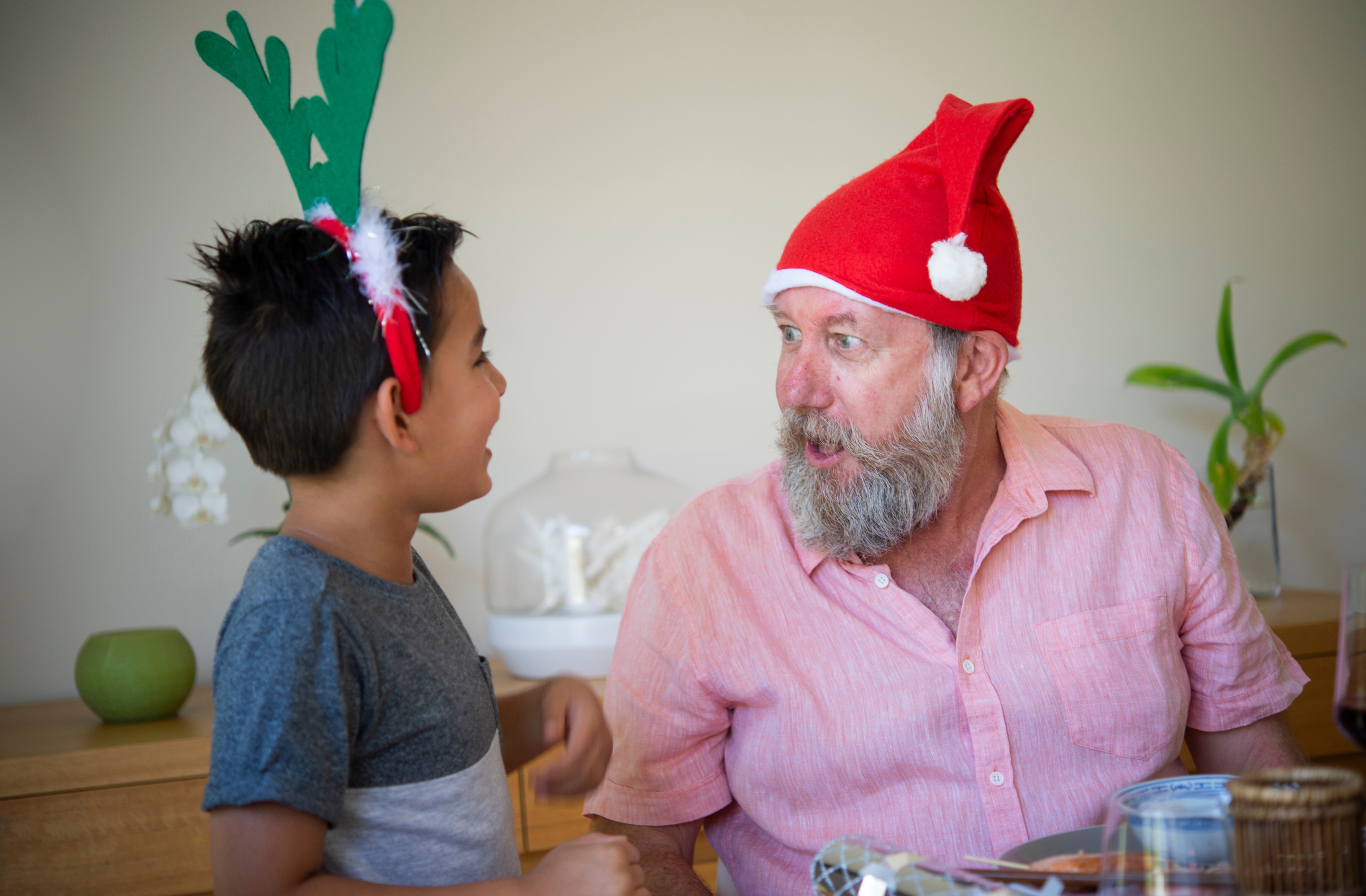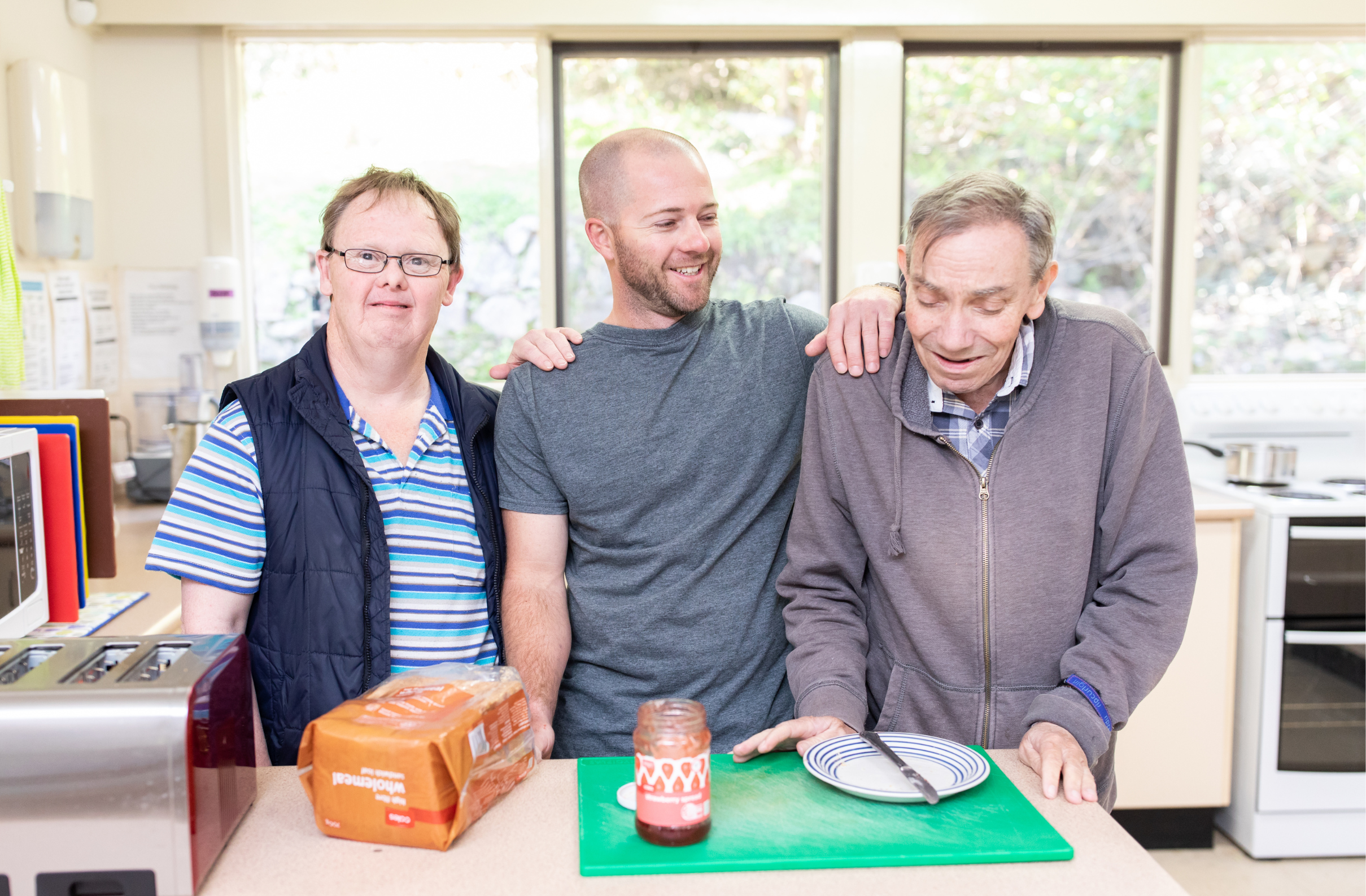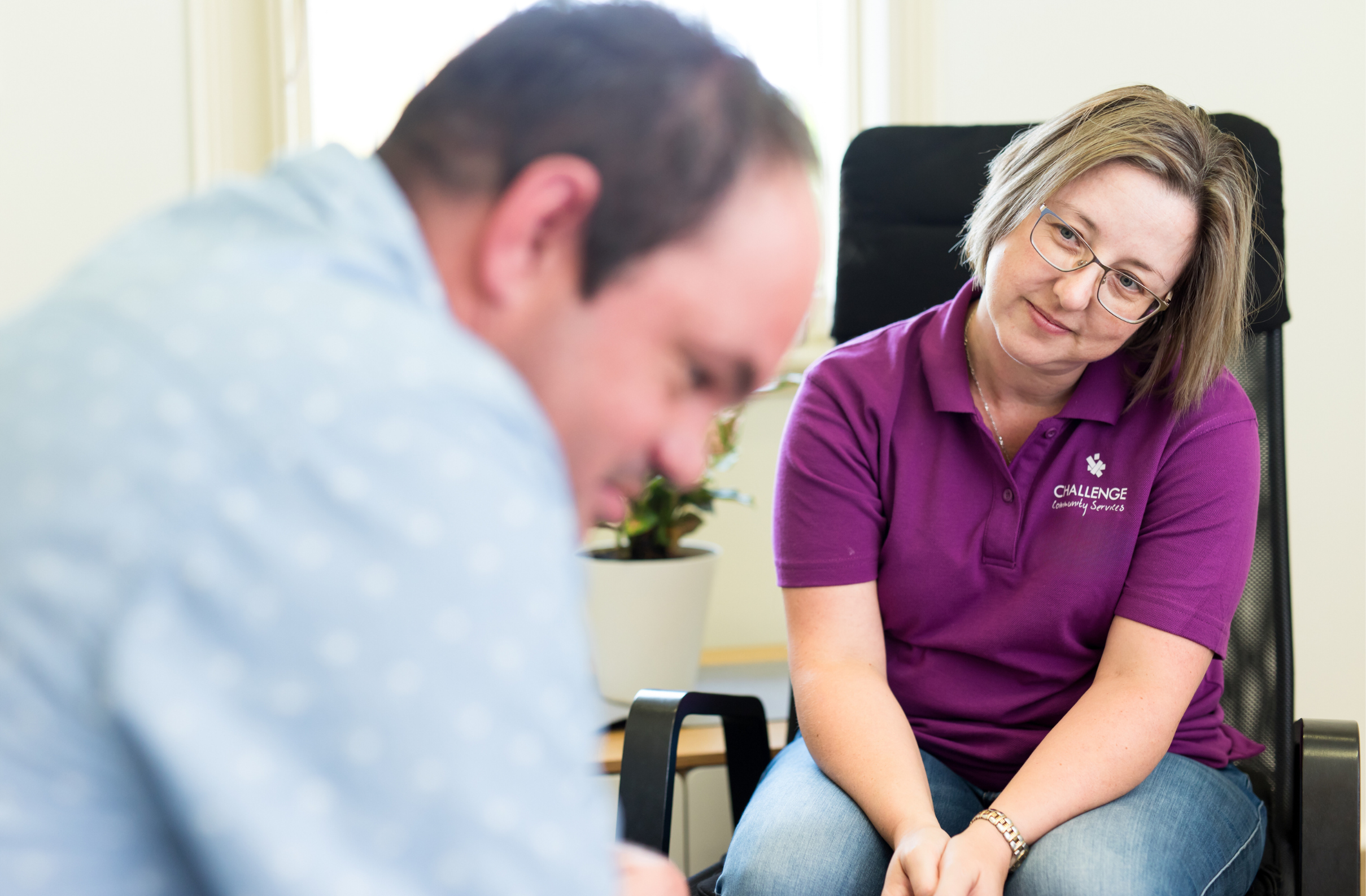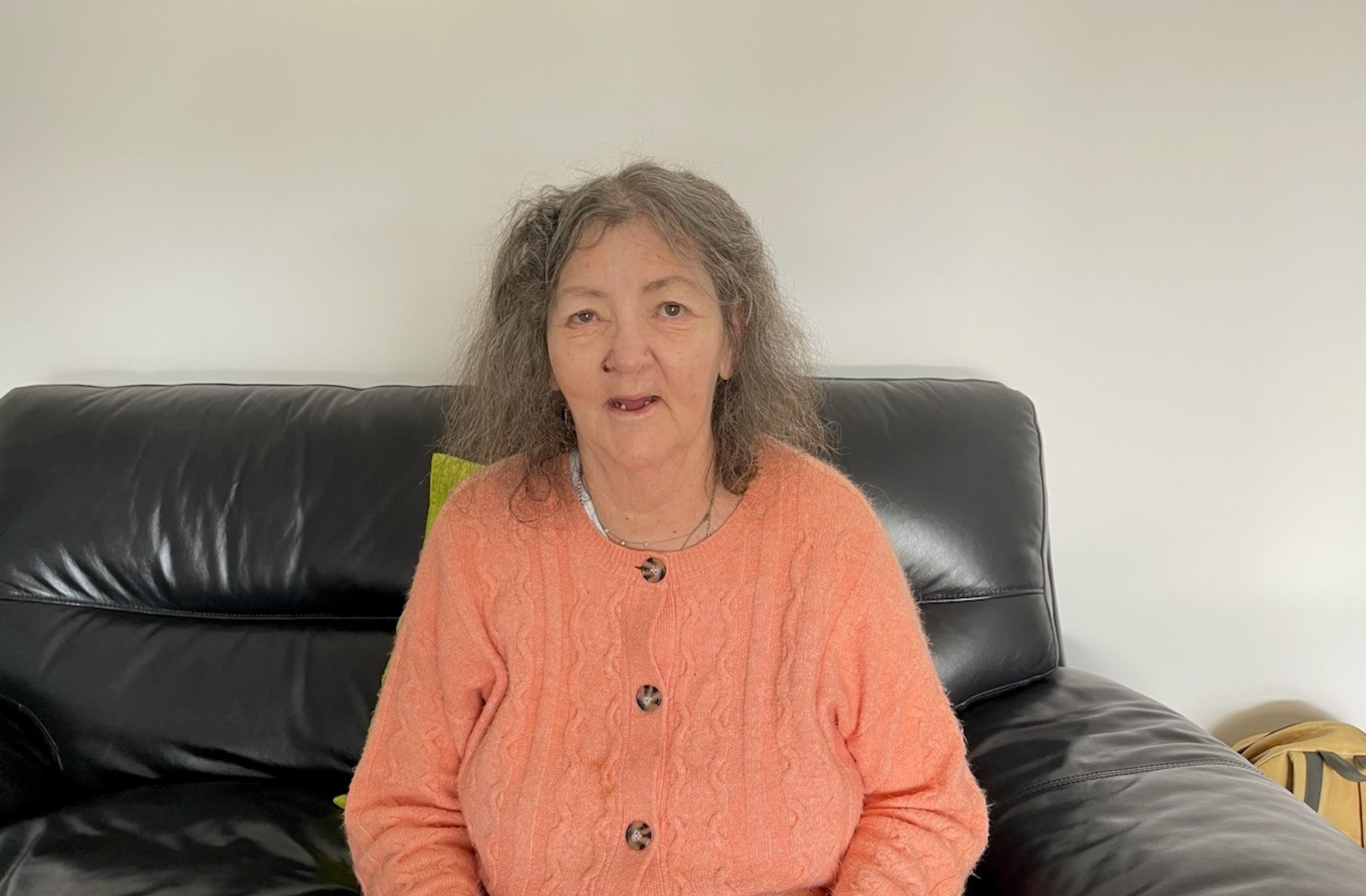There are vulnerable children in the Hunter region doing it tough. Really tough. Through no fault of their own, these children are unable to live with their parents. Due to a desperate shortage of foster families, some have no option but to live in a motel, cared for by a rotating roster of paid carers.
In response this crisis, government and non-government agencies have worked together to develop a new model of temporary supported accommodation in a home-style environment. Known as interim care, the Hunter and Central Coast district in the first in the state to establish this model.
A stable transition to a loving foster family
Rachel King, Executive Manager of Premier Youthworks explains how, working in partnership with Challenge Community Services and the local district , they are helping children transition to foster families. “The supported accommodation model aims to reduce the number of children in motel-style accommodation. Children live in a short-term, therapeutic, home-style setting until they can be placed with a foster family. A consistent team of trained support staff establish individualised and predictable routines. This helps the children experience positive connections while learning to manage trauma-based behaviours.”
There are currently seven children aged between 7 and 12 who desperately need a loving foster home in the Newcastle and Lake Macquarie areas. “Olivia, aged 11, is one such child,” says Chris Brown, Foster Care State Manager at Challenge Community Services. “Due to the current carer shortage in Newcastle, Olivia has been living for the last five months with support staff. Although these staff are appropriately trained and have the best of intentions, supported accommodation cannot replicate the loving family environment a foster home can provide. Olivia loves to draw, cook and play practical jokes, but tragic life experiences means she sometimes struggles to regulate her emotions. Olivia needs a second chance at life with a warm and patient foster family to help her feel valued and secure.”
It takes all kinds of foster carers
With the help of loving foster carers, the future of vulnerable children like Olivia could be very different. “While fostering is not easy and at times can be an emotional roller coaster ride, that moment when a child starts to feel comfortable, loved and safe in your care is one of the most rewarding experiences you’ll ever have,” says Brown. “Suddenly you realise you’ve changed a child’s life. That’s incredibly satisfying.”
Challenge Community Service’s foster carers are as varied as the children they look after. There are no age, gender or marital status restrictions to become a registered foster carer. If you have a strong desire to help others, you are willing to be persistent and work as a team, you have what it takes. “We love grandparent carers,” confirms Brown. “We have couples in all age groups, as well as same-sex couples, and single women and men. Sometimes placing a child in a single-parent home, or with an older couple, is the very best environment for that child.
Regardless of who you are, if you’re motivated to help a child through a difficult time, you are on your way to helping the most vulnerable in our community – children without a safe place to live. Challenge Community Services, provides carers with training, ongoing support and a financial allowance. “For some carers, the experience has been a stepping stone to a new career in related fields like child care and youth work,” Brown says. “If you want to help a child in need, you’ll be making a different. please call the friendly Challenge staff. Even one weekend a month can make a big difference to a child’s life.”
To find out more about fostering and what’s involved to become a carer contact Challenge Foster Care on 1800 951 352 or fostercare@challengecommunity.org.au.


